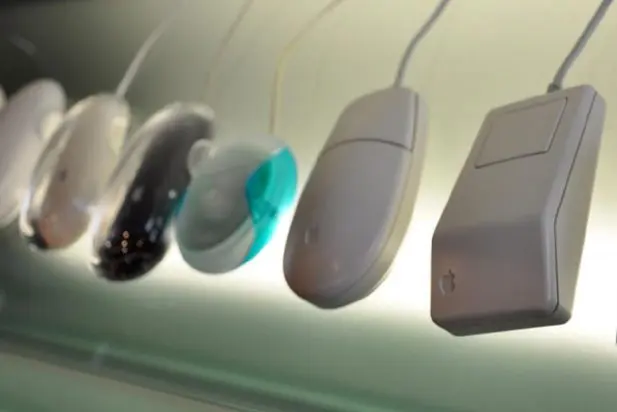If you’ve ever browsed the web, you’ve seen them. If you’ve ever written any web content, you’ve almost definitely used them (at some point, even if you’re not ready to admit it).
Those two words, forever linked together, set apart by an underline and a contrasting color:
Click here
How can these two harmless words warrant an entire blog post all their own? Turns out they can actually be pretty detrimental to your website.
Usability Concerns
The first reason to cut those “click here” links from your content has to do with usability.
When we say “usability,” we’re talking about ensuring your visitors are able to easily use your website. One of the keys to usability is ensuring you provide visitors adequate signals of what to expect as they navigate your site.
When it comes to links, you need to provide ample clues to visitors of what they can expect when they click something. Where will they go? What content will they see?
Vague text like “click here” doesn’t provide a whole lot of clarity.
Links generally stand out from body text because they’re underlined or a different color. This contrast makes it likely your links will attract a visitor’s eye. If all of your links say “click here,” it’s not likely to entice a scanning visitor to take any action whatsoever. It also makes it tougher for them to find the info they’re looking for.
The Solution
Instead, tell visitors what to expect when they click a link.
Instead of:
To sign up for our nonprofit newsletter, click here.
Make it:
If you want more info, be sure to sign up for our nonprofit newsletter.
The second link gives a scanning user much more information. Just by reading the link I know I’m going to get a signup form for a nonprofit newsletter.
Search Engine Concerns
In addition to usability, your links have a significant impact on search engine optimization.
But first, a few definitions:
Internal Links – Links from one page of your website to another page within your website.
Anchor Text – The actual text you use in a link. For instance, in the above examples “click here” and “sign up for our nonprofit newsletter” are the anchor text for our links.
Relevancy – How closely the information on a web page matches what a user types into a search engine. Search engines try to provide relevant results to give users the information they’re looking for.
Now back to the good stuff.
Search engines use the anchor text from your internal links to get clues about a page’s topic. The theory is you’re probably using relevant words in your links to help steer your users to the info they’re seeking. And this makes some sense. If I’m using a phrase like “make a donation” in my link, that link is likely pointing towards a donation page, not a volunteer signup form.
When you use “click here” as your anchor text, you’re giving search engines no help in determining what a page is all about.
The Solution
Use anchor text you think a user would type into a search engine if they were looking for a given page. For instance, let’s say we’re a food pantry and linking people to a place to make donations of food.
Instead of:
To make a food donation, click here.
Make it:
To make a difference today, please make a food donation.
When a search engine follows the link with anchor text “make a food donation,” it’ll know the resulting page has to do with food donations. The more clues you can give search engines, the greater your chances to rank higher for phrases you want to rank well for.
While it may seem sad to break up the union of “click” and “here,” they’ve had a good run. And it’s definitely worthwhile to be a little more thoughtful when it comes to the links throughout your website.
Image courtesy of raneko, Flickr
Update 7/1/2013 – For an interesting discussion surrounding the benefits of cutting your “click here” links from the perspective of accessibility, check out this thread on the TechSoup Forums.

Thanks David for clarifying. I’ve heard people say not to use ‘click here’ before but I didn’t get it. Now I do and I can even it to my clients! Love the voice on your website btw.
Thanks so much Sally. I’m glad to hear the post was helpful. I appreciate you taking the time to comment.